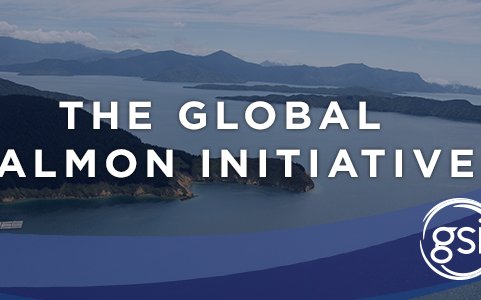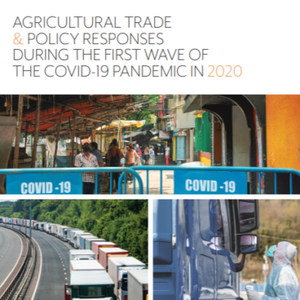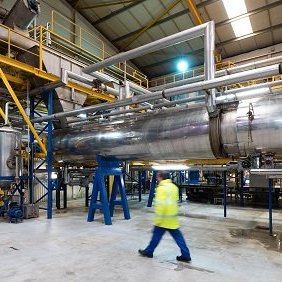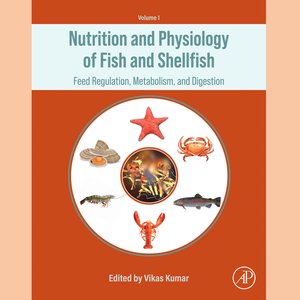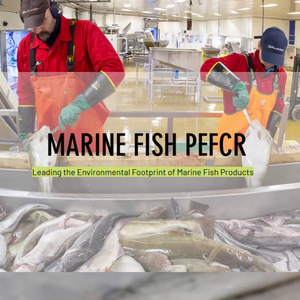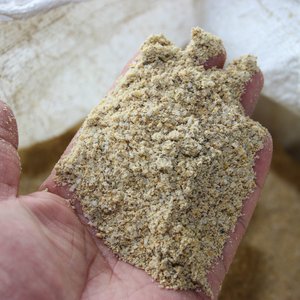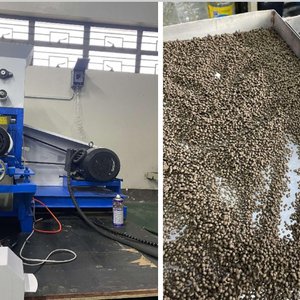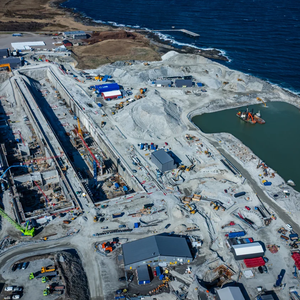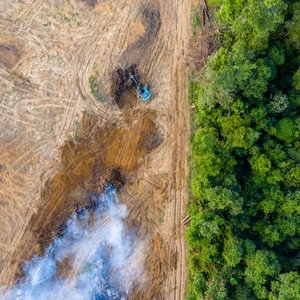The Global Salmon Initiative (GSI) published its 8th annual Sustainability Report, documenting the environmental and social performance of its member companies against 14 key sustainability indicators.
GSI is a CEO-led initiative of 13 salmon farming companies, representing 40% of the global salmon production industry. All members are fully committed to showing measurable progress in the sustainability of their operations through greater collaboration, transparency and innovation.
Key trends highlighted by the report include:
- A 60% reduction in the average use of antibiotics since GSI’s founding in 2013, which can be attributed to the improvements in antibiotics stewardship, disease control and fish welfare led by GSI members.
- Continued efforts to accelerate availability and uptake of alternative responsible feed ingredients, such as novel oils (i.e., algae) and fish byproducts, are supporting a growing industry to reduce its dependence on marine ingredients.
- This has led to an average decrease of marine ingredients in fish oil of 11% and fishmeal of 40% since 2013.
- A shift towards a more holistic approach to preventing and managing sea lice resulted in a 50% decrease in medicinal use on average among GSI members since 2013, with a 96% decrease in in-feed treatments as companies shift to non-medicinal management practices.
- When compared with other animal proteins, farmed salmon represents an environmentally conscious choice, with a lower carbon footprint, requiring less land, and more efficient use of feed resources
Since its formation in 2013, GSI members have targeted their efforts on accelerating progress against the most significant environmental challenges facing the sector: biosecurity and sustainable feed sourcing, as well as motivating industry progress towards third-party certification. As the report highlights, these are the areas showing the most progress.
2021 priorities and partnerships
Beyond the salmon farming sector, new models of production and improvement are necessary across the global food system to meet current and future environmental and nutritional needs. GSI’s model has proven to yield results, driven by four key elements applicable across other sectors: greater transparency, global action, supply chain engagement, and local capacity to implement. GSI is already leveraging these learnings and environmental advancements, not only to help improve aquaculture but also to create ripple effects across the global food system. GSI is working with global organizations and initiatives to extend this momentum, including:
- World Wildlife Fund (WWF): Building on a nearly decade-long partnership, GSI and WWF are working to develop an industry-wide reporting framework to measure greenhouse gas emissions for the aquaculture sector and identify ways to further mitigate climate impact.
- United Nations Food Systems Summit (UN FSS): As a member of the UN FSS Champions Network and recent co-host of a Food Systems Summit Dialogue, GSI is applying its proven change model and platform to help identify and activate game-changing solutions for food systems transformation.
Check out the Sustainability Report here.


